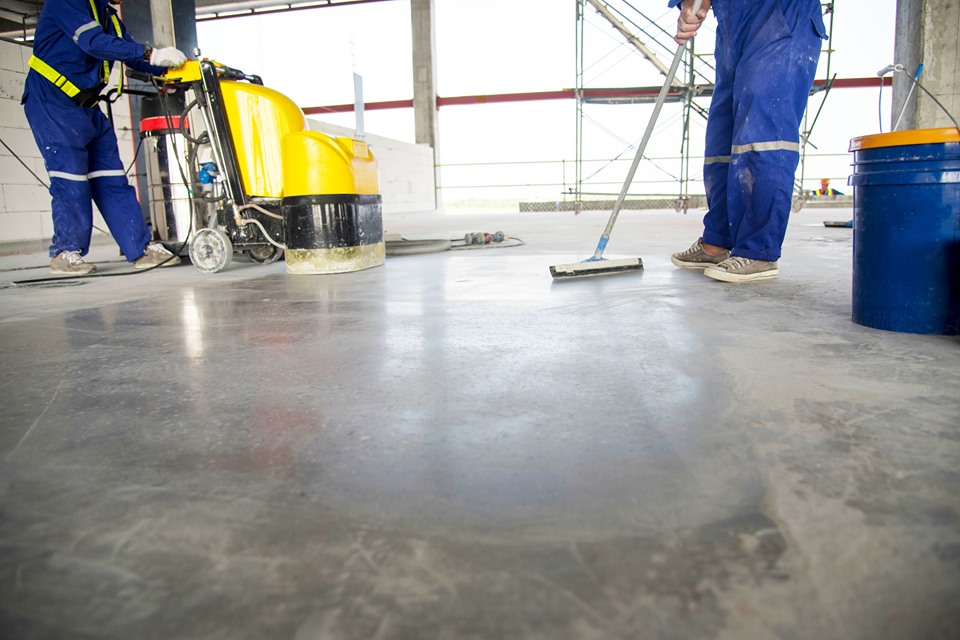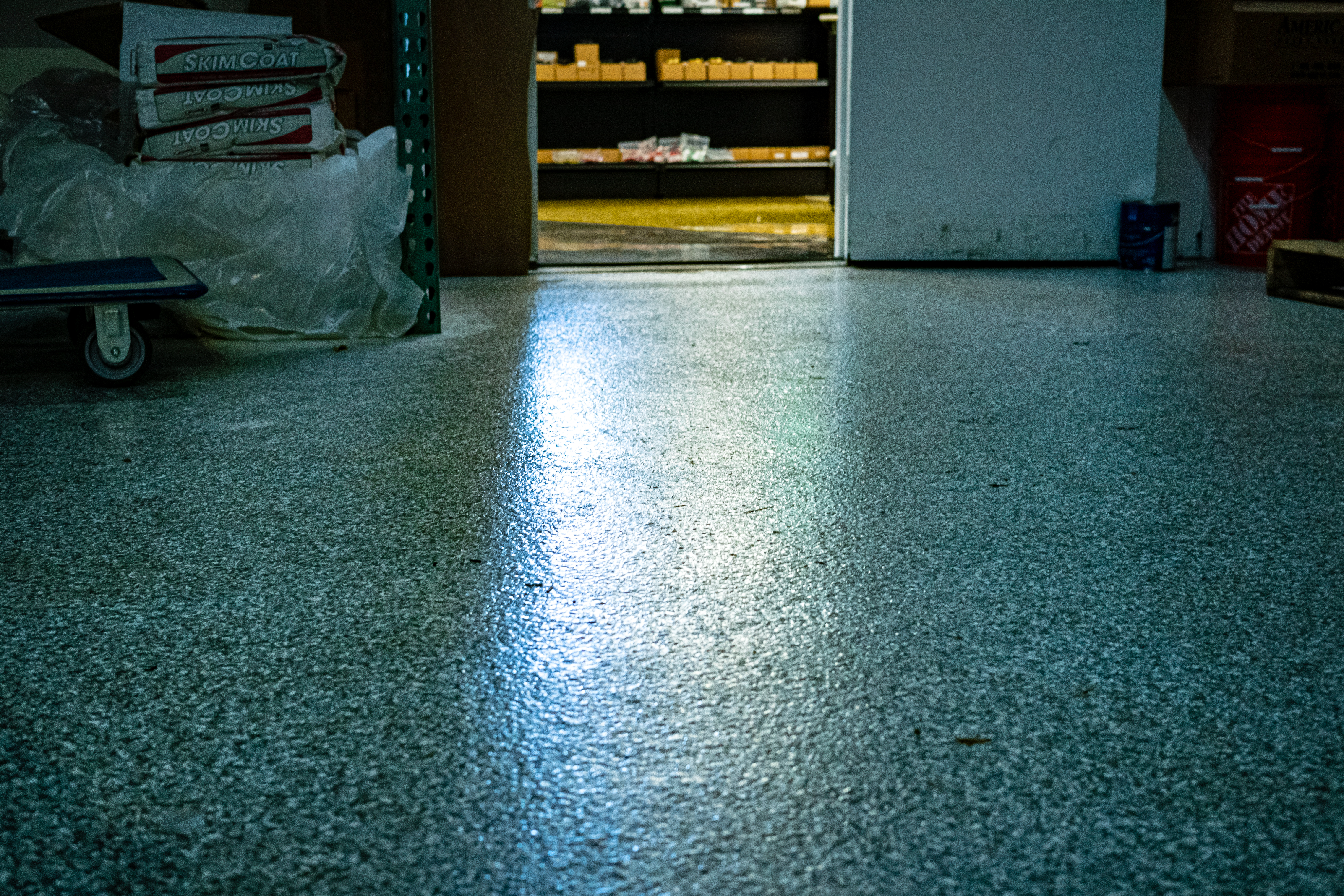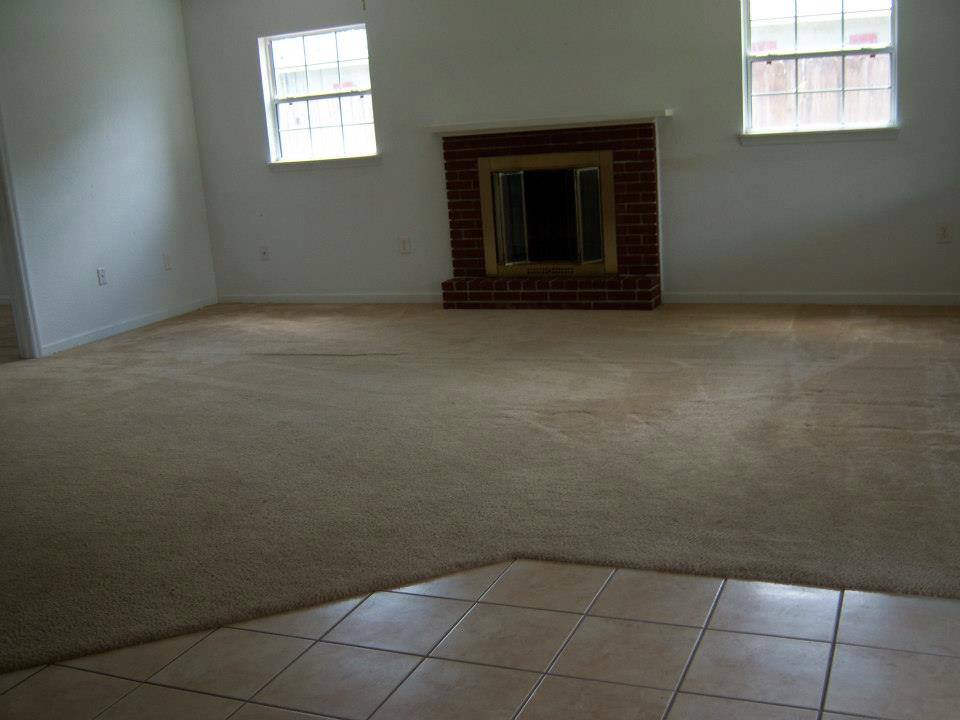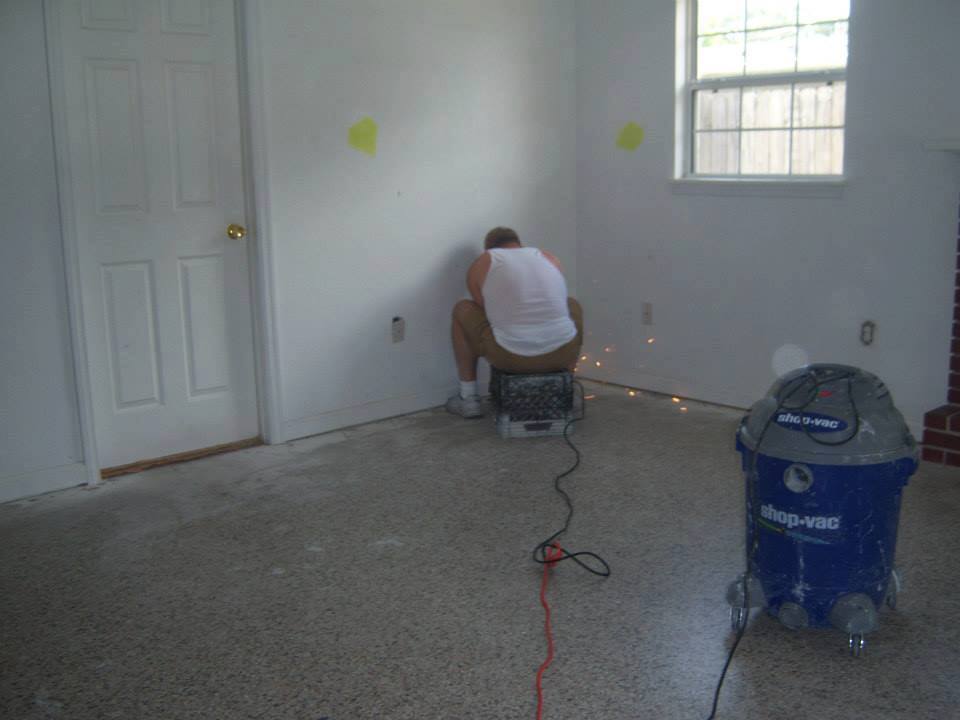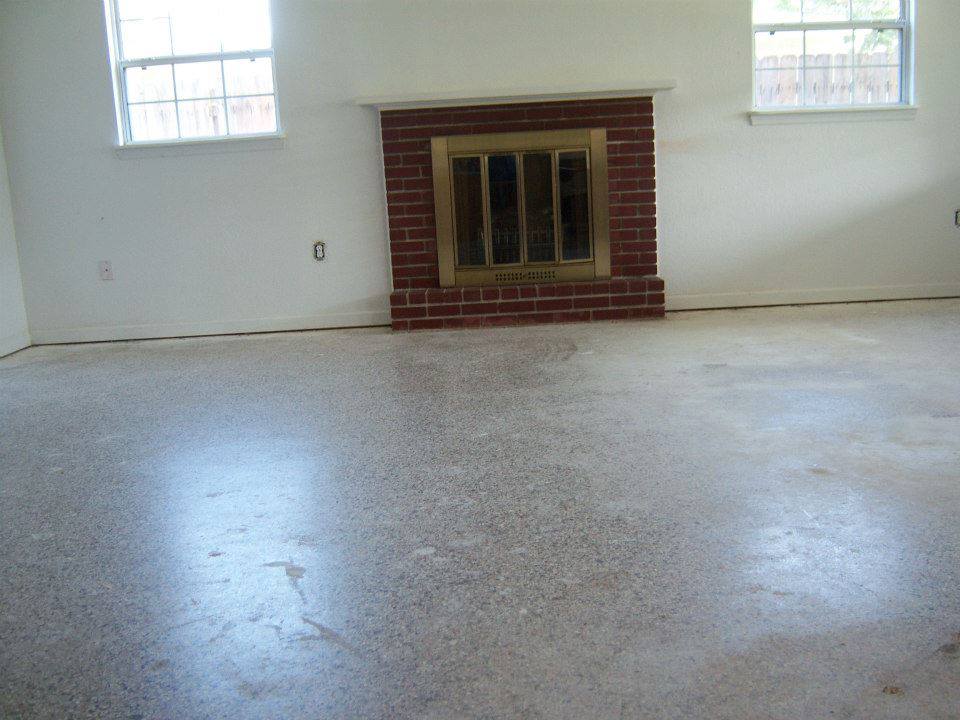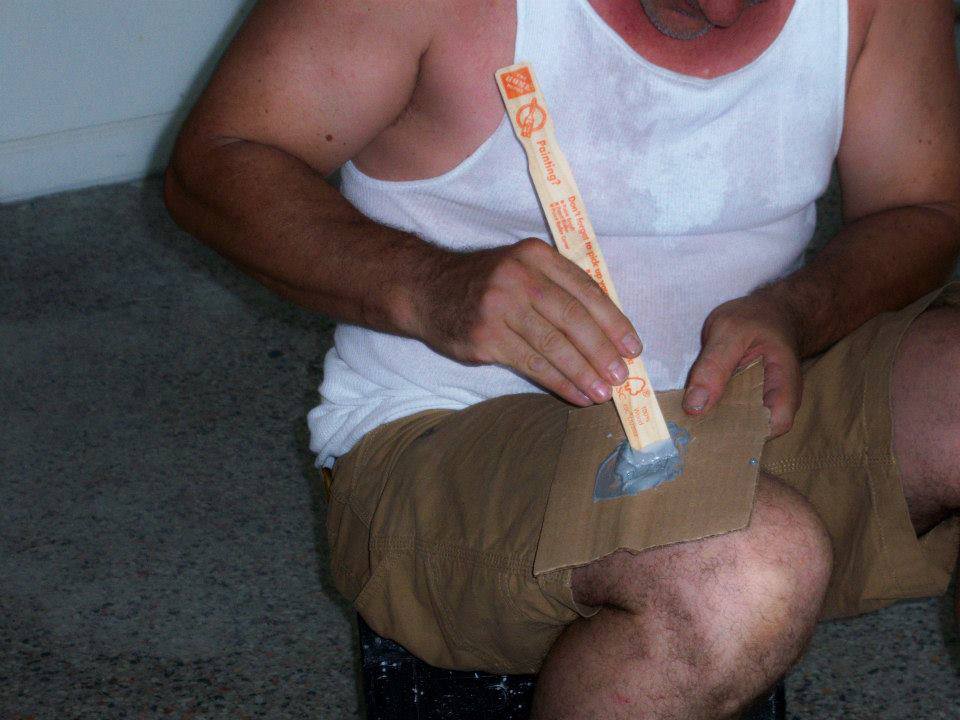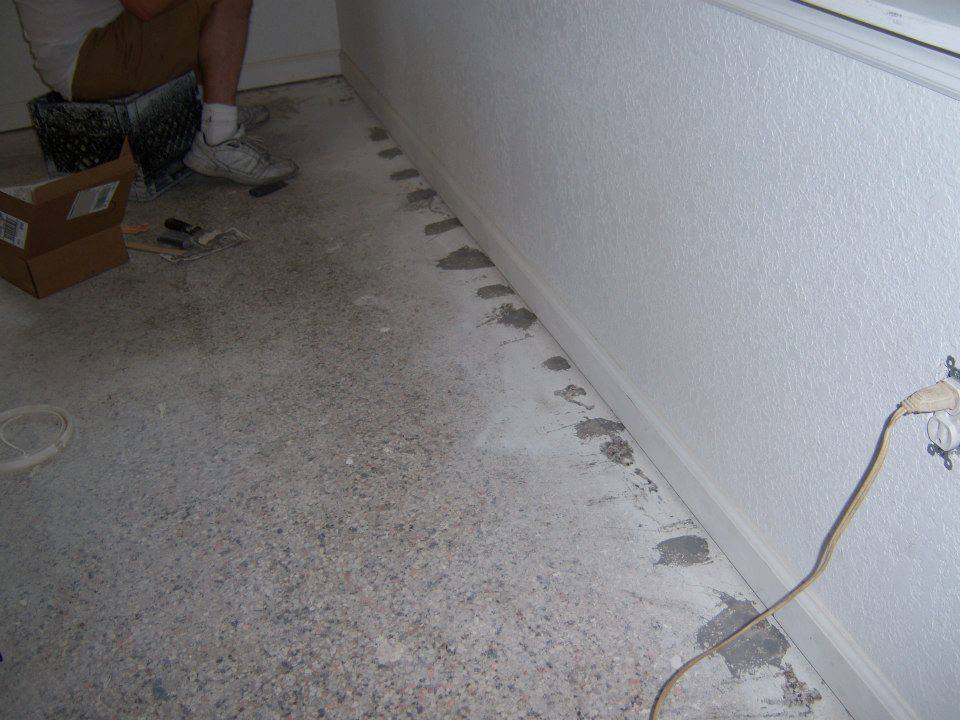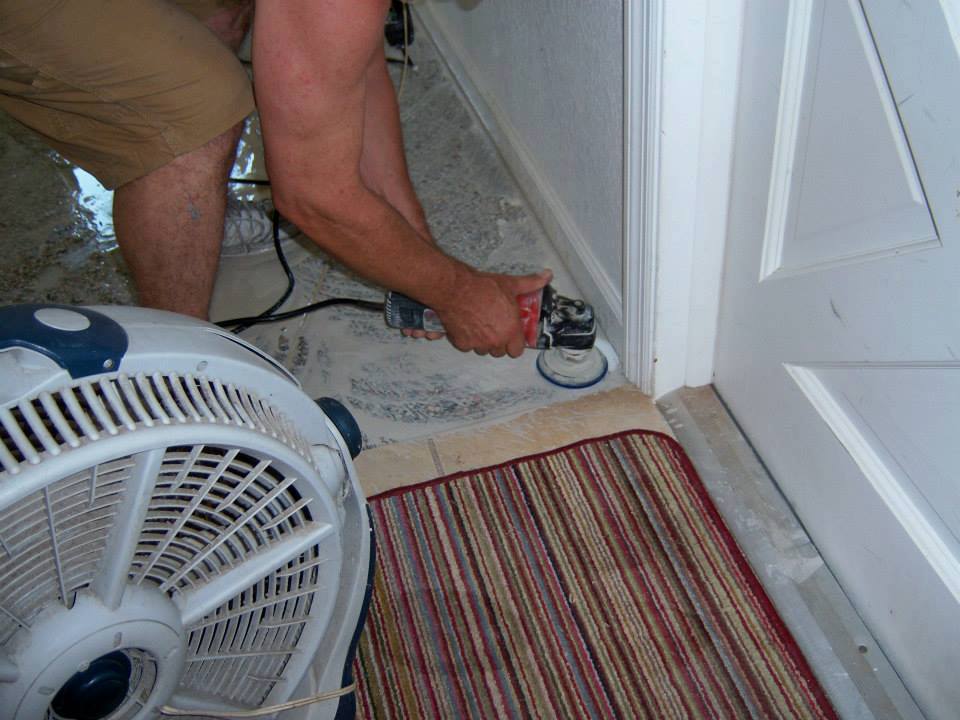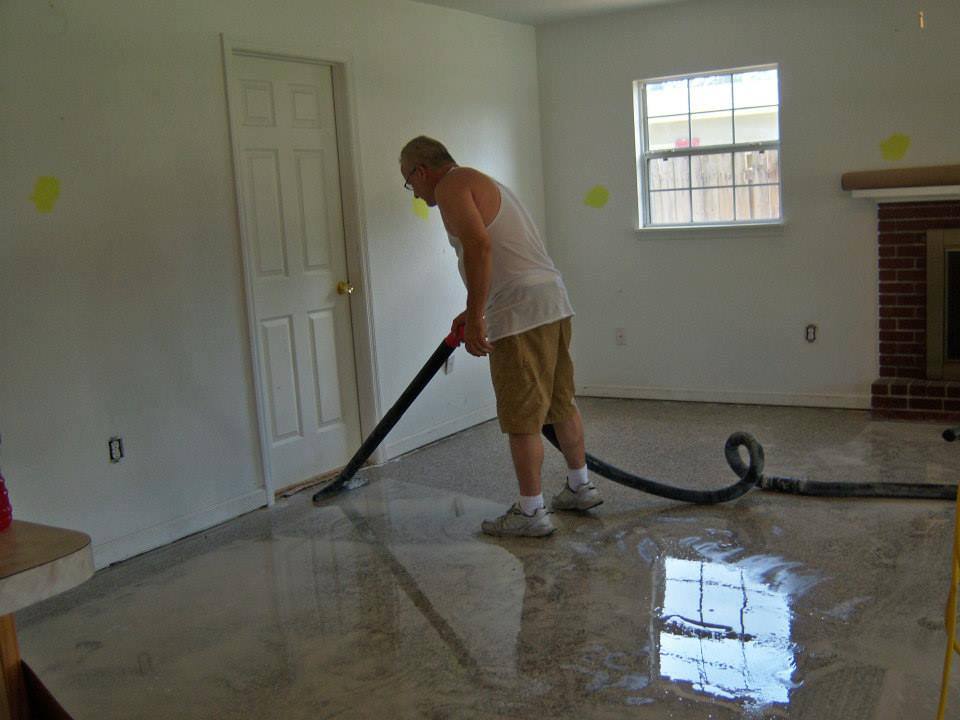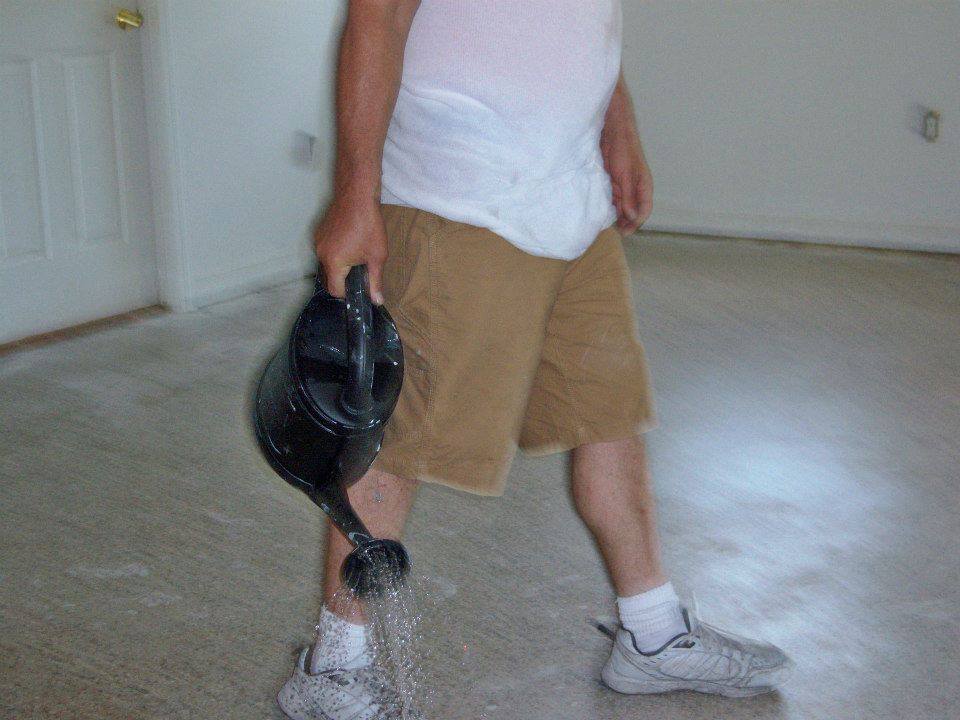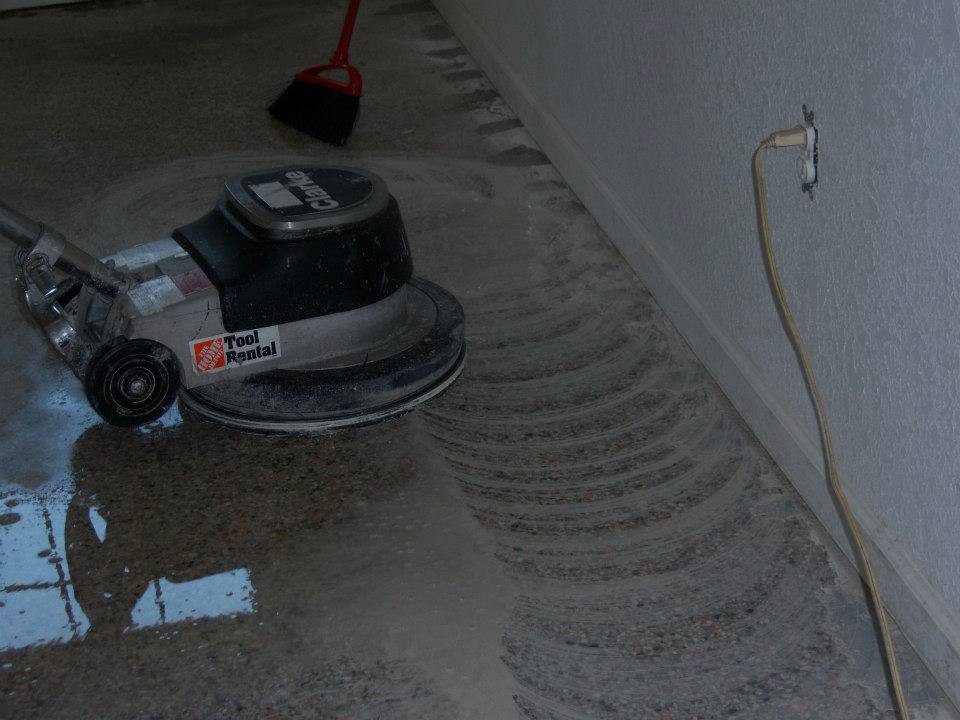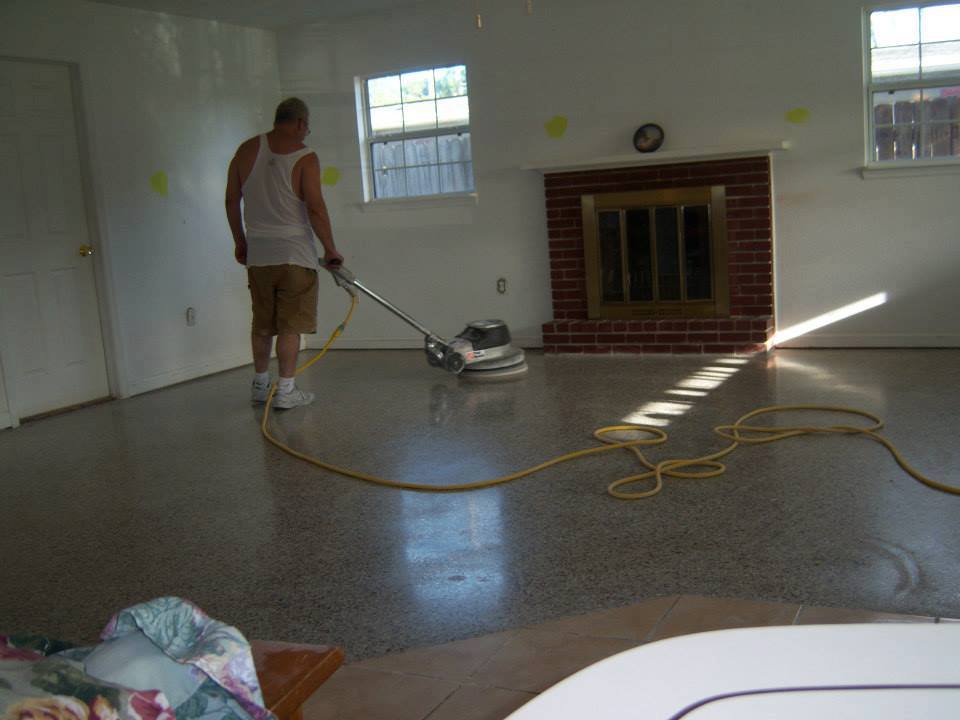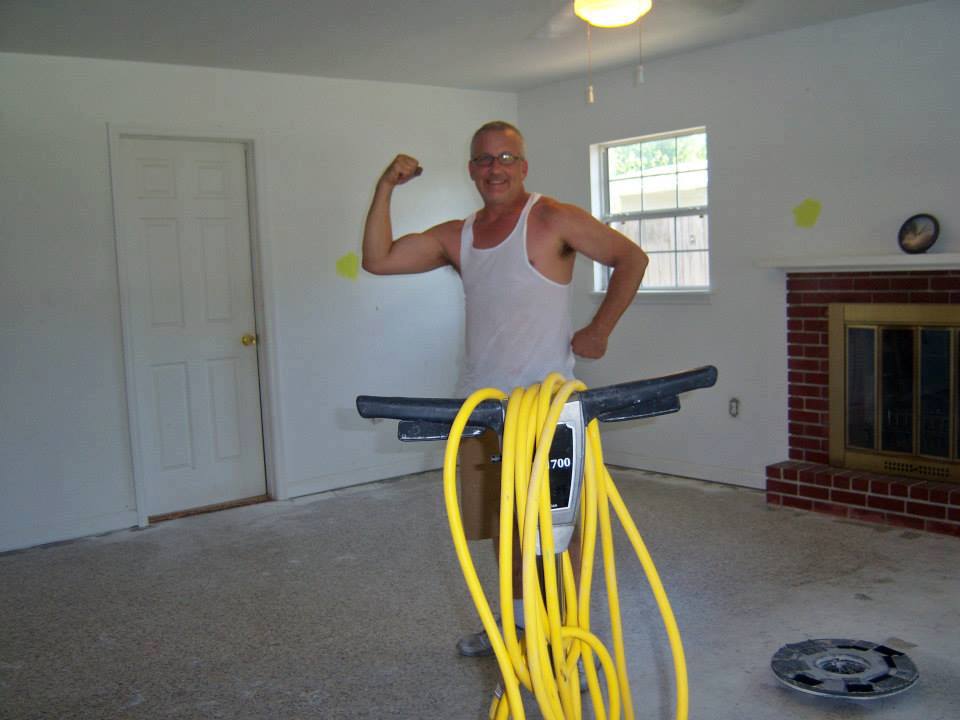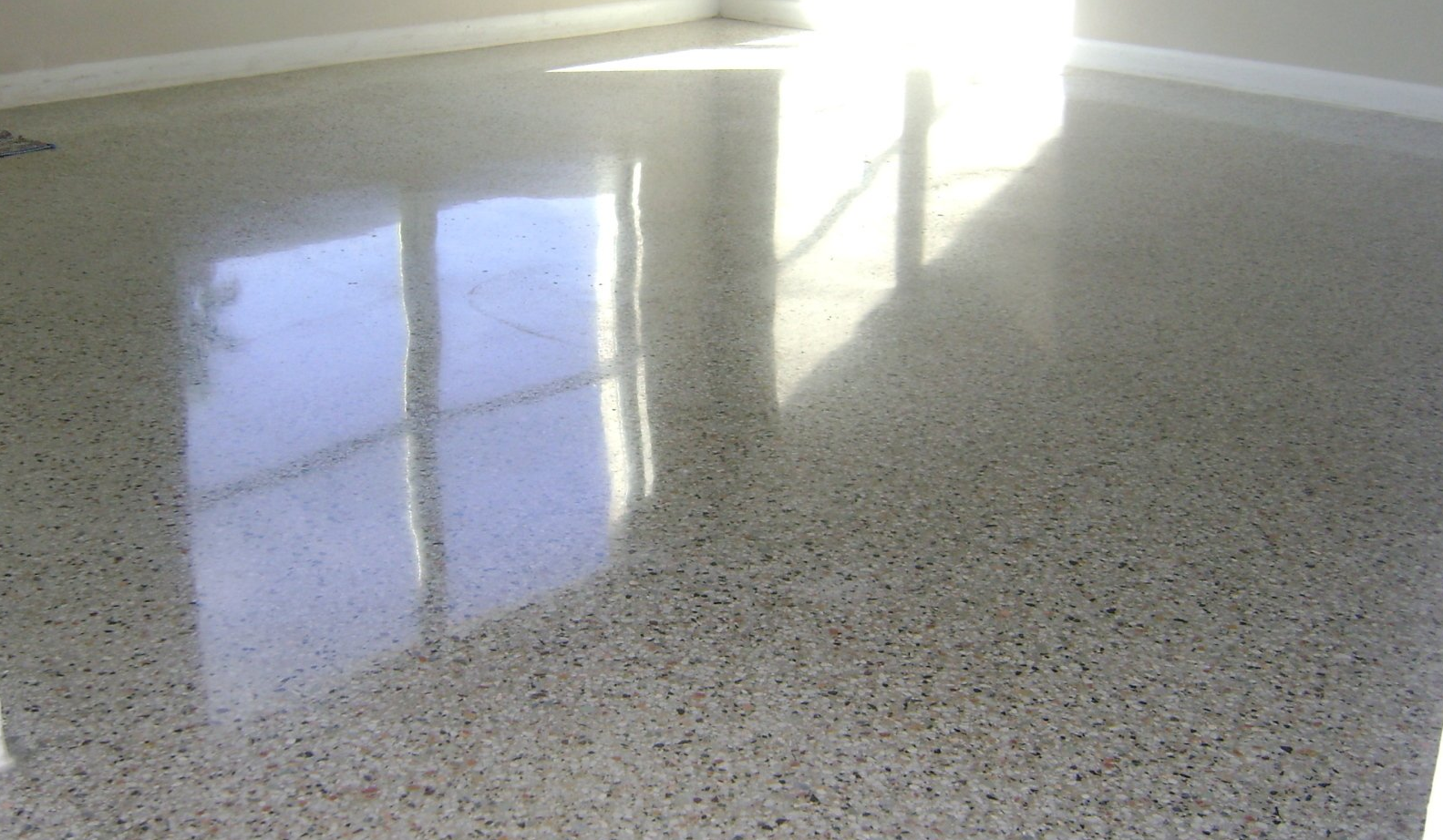What is the Coefficient of Friction? | Xtreme Polishing Systems
When asking ‘What is Coefficient of Friction’ in the concrete polishing industry, understand that Coefficient of Friction (COF) tests the slip resistance for accidents on any type of floor including commercial, industrial, and residential surfaces. Slip resistance is ideal for business owners and homeowners who need to prevent slips and falls on polished surfaces. When the flooring foundation is properly installed and cleaned, the final result will provide a safe and durable surface made to withstand heavy traffic in both wet and dry conditions.
Static and Dynamic Coefficient of Friction
There are two types of Coefficient of Friction known as static and dynamic. When measuring friction from a resting position, it is called static coefficient of friction (SCOF), and the measurement of relative motion is called dynamic coefficient of friction (DCOF). The measurements will discover the propensity for accidents on flooring in wet and dry conditions. The most important however, is testing the floor when in wet conditions with water or a lubricant because majority of slips and falls are on wet flooring.
Surface Testing Methods
Pendulum testers, tribometers and variable-angle ramps are some of testing methods used to test static and dynamic coefficient of friction. The American Society for Testing and Materials (ASTM) defines the pendulum tester the national standard for the slip resistance testing machines when testing dynamic and static Coefficient of Friction. The pendulum tester is also used the most worldwide as the pedestrian slip resistance test method. The way this testing device works is it uses a piece of rubber to travel across the flooring for 124-126 mm while mounted onto a pendulum device. The BOT-3000E digital tribometer, also known as the “drag-sled meter,” is becoming a popular slip resistance tester for dynamic and static Coefficient of Friction. This test meter is also backed by ASTM. The tester crawls at a slow pace along the floor surface dragging a piece of rubber to measure the slip resistance while documenting the values for SCOF and DCOF. The American National Standards Institute (ANSI) set the ranges to static and dynamic values. The higher the value of friction the less slippery the surface will be in an industrial, commercial or residential setting. Low friction measurements present a high risk for accidents. Standard setting for ANSI is >0.42 for dynamic friction and >.60 for static friction on polished surfaces to prevent slips and falls.
Resources, Guidance and Support
Concrete all around the world has long dominated industries, particularly flooring, because of its exceptional durability, low maintenance and simply pleasant appearance that it delivers. Xtreme Polishing Systems supplies the industry with innovative and professional concrete polishing and decorative concrete products , equipment , chemicals and so much more. Our professionals are specially trained with our products and will deliver the fundamental guidance and customer service when preparing and executing a concrete floor.
The experts at Xtreme Polishing Systems understand that every surface can variate in properties, therefore each slab must be treated differently. We’re here to guide you in the proper direction, so call us at (877) 958-5732 with any questions regarding ‘ What is the Coefficient of Friction? ‘ or visit our website and browse our extensive selection of products today. Whether you’re a new business owner, flooring subcontractor, DIYer, craftsmen, artist, existing business or homeowner, our exquisite product selection and extensive industry experience will assist you every step of the way, from start to finish.
